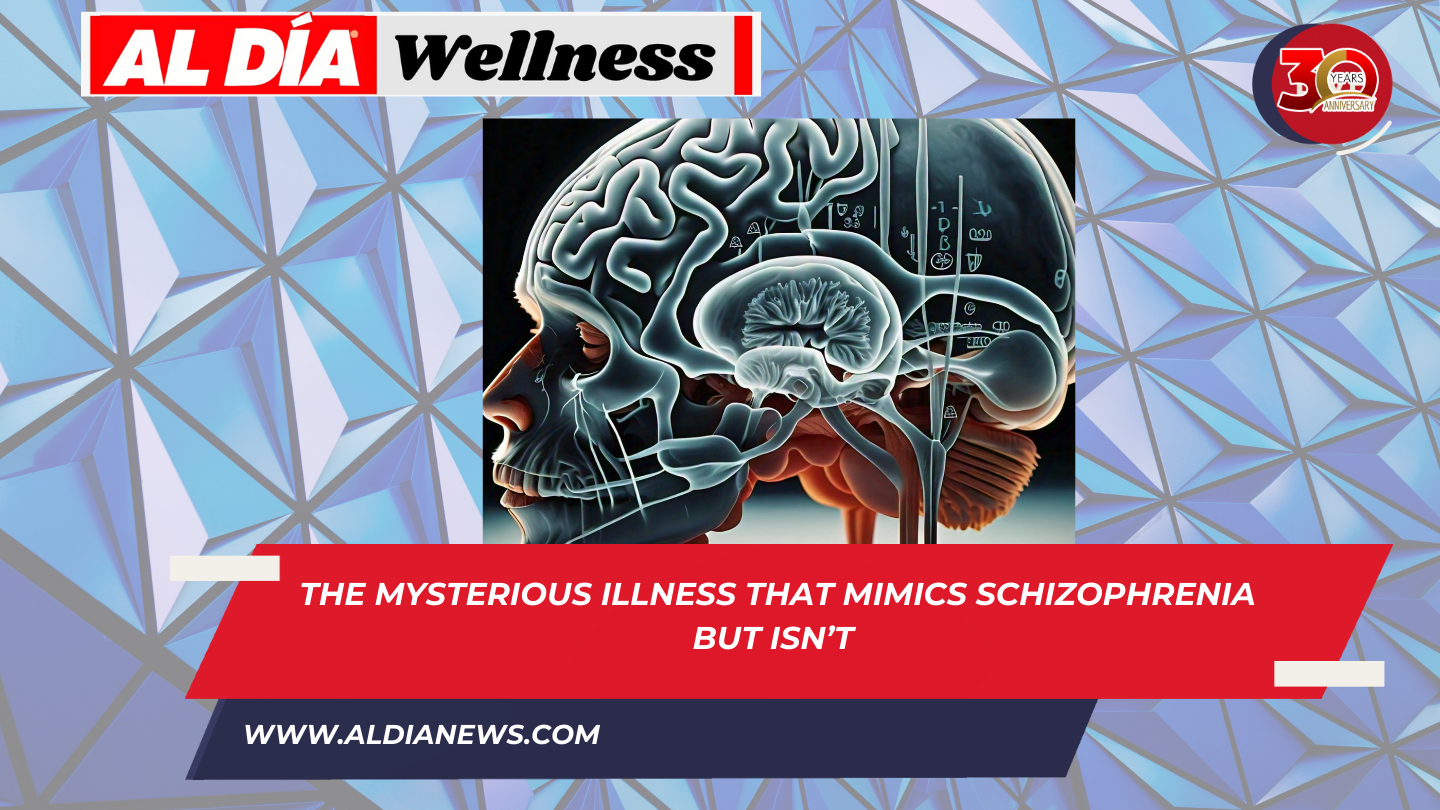
The Mysterious Illness that Mimics Schizophrenia but Isn’t ?
Anti-NMDAR Encephalitis is a rare autoimmune disorder in which the immune system attacks NMDA receptors in the brain, essential for memory and cognition. This disorder primarily affects young women between 25 and 35 years old, the same age range in which psychiatric illnesses like schizophrenia often appear, leading to potential misdiagnoses.
Initial symptoms usually include hallucinations, paranoia, memory loss, and psychosis, resembling schizophrenia or bipolar disorder. Over time, symptoms can progress to seizures, speech disturbances, and other severe neurological manifestations. First discovered in 2008, the disease poses a diagnostic challenge due to its similarity to psychiatric conditions but can be identified through specific antibody tests in cerebrospinal fluid
CONTENIDO RELACIONADO
Recent research has provided a deeper understanding of how antibodies bind to different parts of NMDA receptors, disrupting their functions in various ways and causing a range of symptoms. This progress opens the door to more personalized treatments targeting specific antibody-binding sites, suggesting that personalized medicine could be essential in managing this disease.
Current treatments include immunosuppressive therapies to reduce autoimmune activity, although effectiveness varies depending on symptom severity and individual patient response.










DEJE UN COMENTARIO:
¡Únete a la discusión! Deja un comentario.